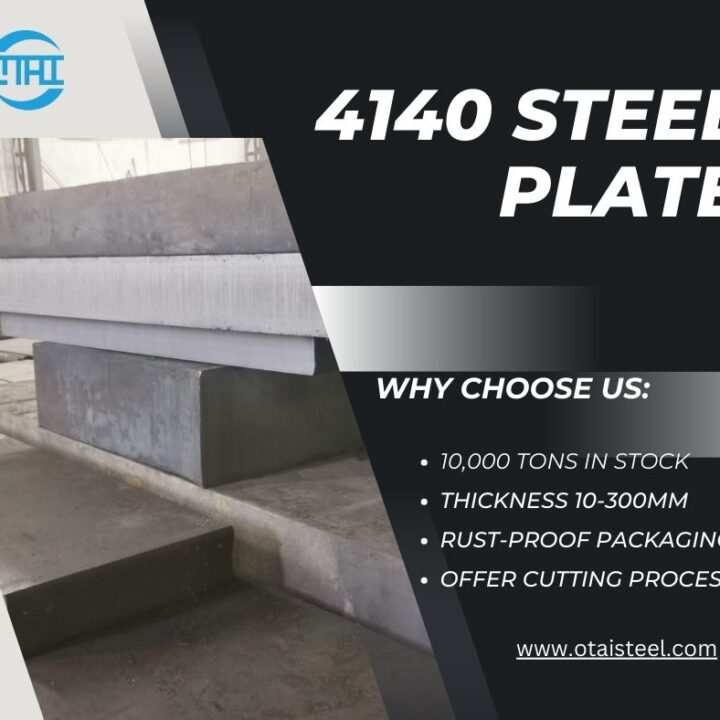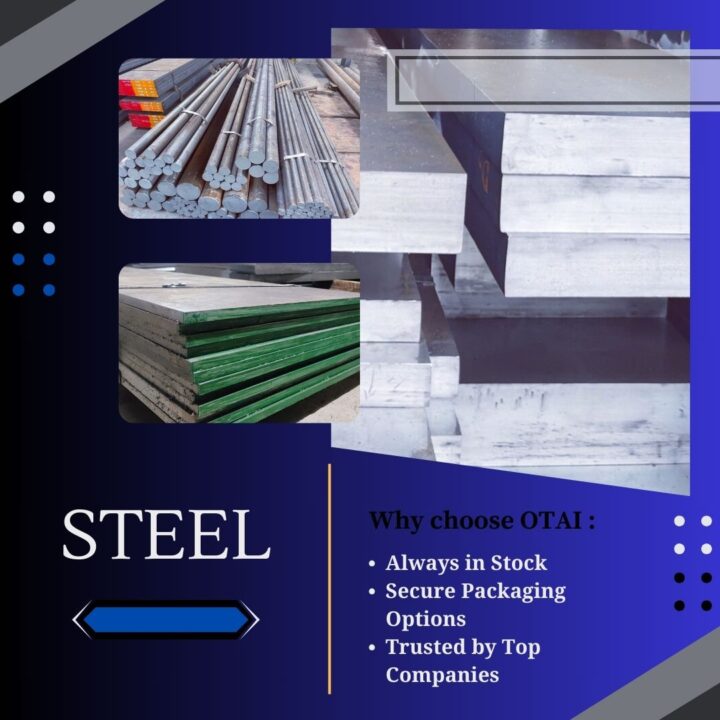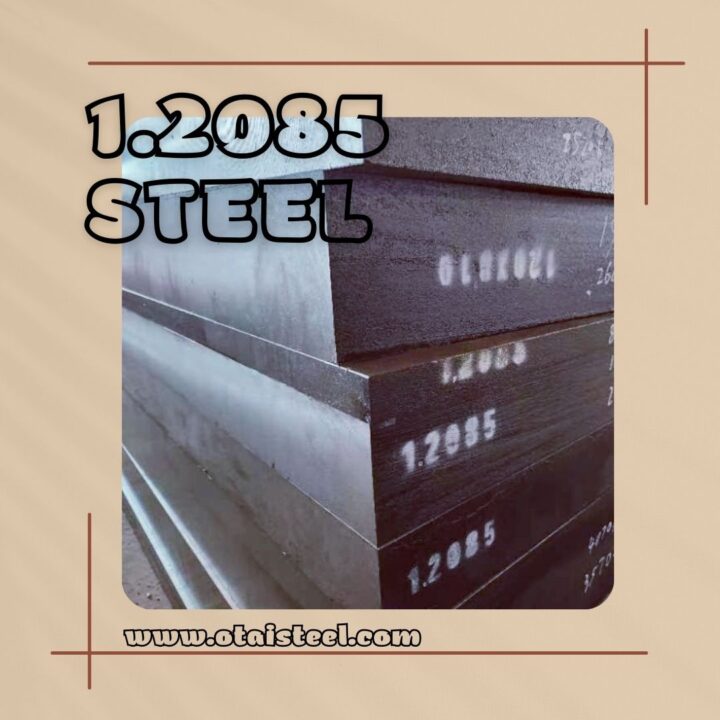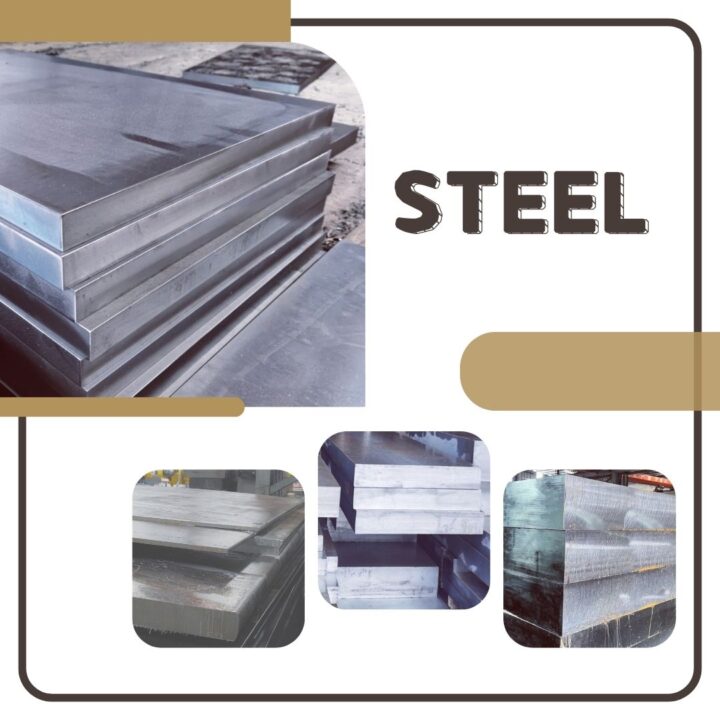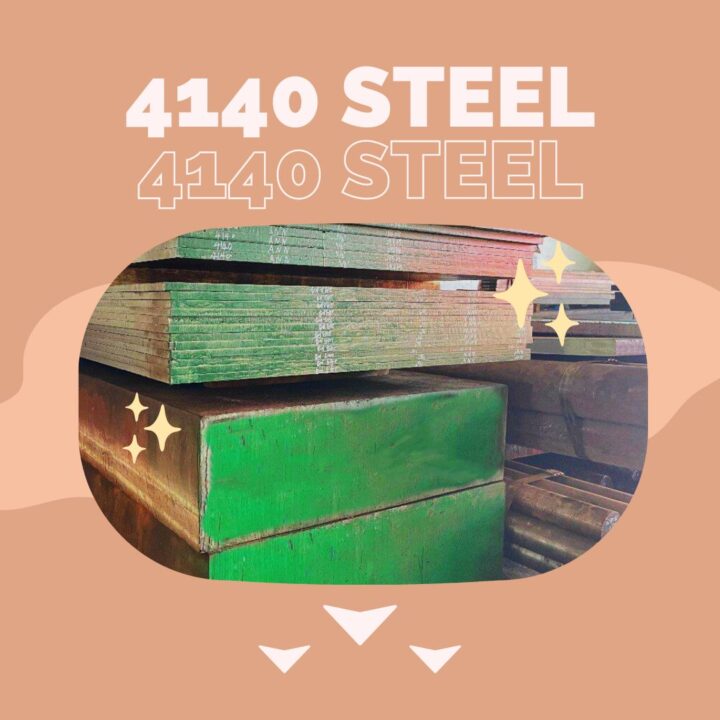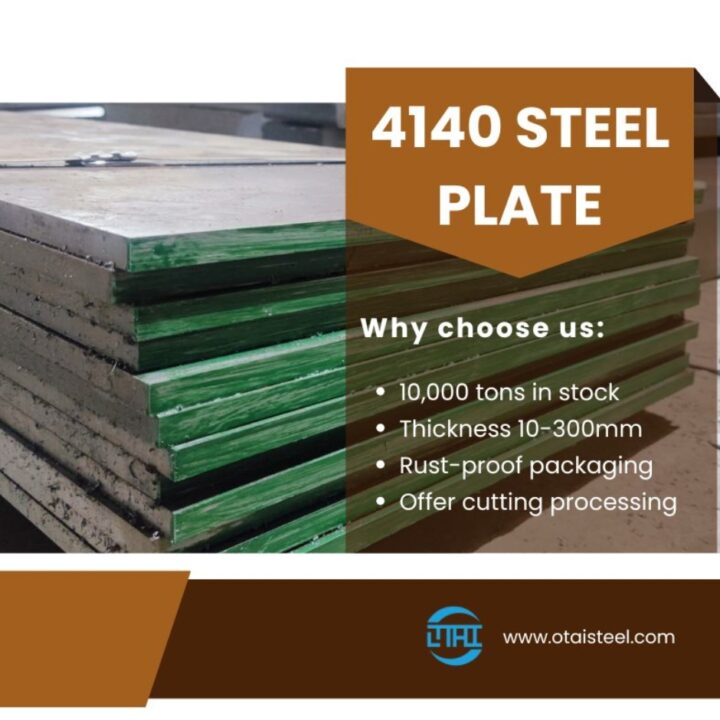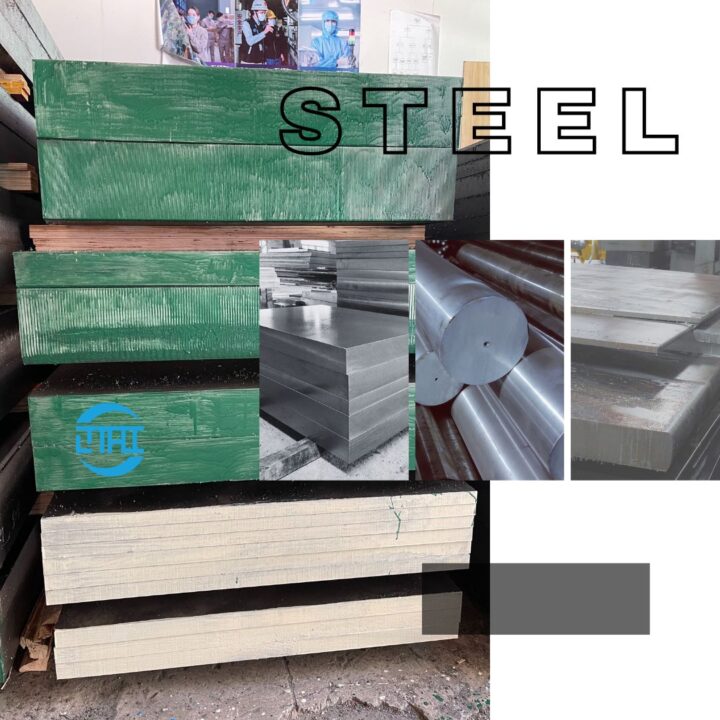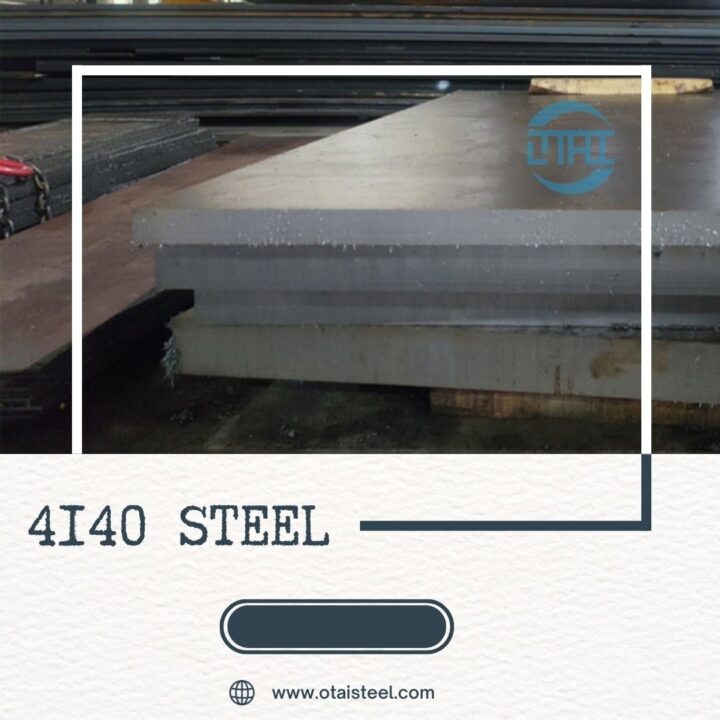4140 steel is a low-alloy steel that falls under the category of chromium-molybdenum steel. Its composition, including chromium and molybdenum, contributes to its exceptional mechanical properties and overall performance. (4140 in marine components)
Properties and Composition of 4140 Steel
- Alloying Elements
The key alloying elements in 4140 steel are chromium, molybdenum, carbon, manganese, and silicon. These elements work together to enhance the steel’s properties and make it suitable for marine applications.
- Mechanical Properties
4140 steel exhibits high tensile strength, excellent toughness, and good wear resistance. These properties are crucial for components subjected to high loads and harsh marine environments.
The Importance of Material Selection in Marine Propulsion Systems
Selecting the right materials for marine propulsion components is crucial to ensure reliability, performance, and safety. Factors like corrosion resistance, fatigue strength, and mechanical properties are taken into consideration during material selection.
Applications of 4140 Steel in Marine Propulsion Systems
- Propeller Shafts and Gears
4140 steel is commonly used in the manufacturing of propeller shafts and gears, which are critical components in marine propulsion systems. The high strength and toughness of 4140 steel ensure these components can withstand the forces and stresses imposed during operation.
- Rudder Components
Rudder components made from 4140 steel offer excellent fatigue resistance and durability, providing precise control and maneuverability to vessels.
- Thrust Bearings and Bushings
Thrust bearings and bushings in marine propulsion systems benefit from the wear resistance and low-friction characteristics of 4140 steel.
Advantages of Using 4140 Steel in Marine Propulsion Systems
- Corrosion Resistance
The addition of chromium to 4140 steel provides a level of corrosion resistance, making it suitable for marine environments where exposure to seawater is prevalent.
- High Strength and Toughness
The high tensile strength and toughness of 4140 steel ensure that marine propulsion components can endure the stresses and strains of continuous operation.
- Fatigue Resistance
In marine applications, where components are subjected to cyclic loading, 4140 steel exhibits excellent fatigue resistance, ensuring long service life.
Manufacturing and Machining Processes for 4140 Steel Components
- Forging and Heat Treatment
The forging process followed by heat treatment optimizes the microstructure of 4140 steel, enhancing its mechanical properties.
- Precision Machining
Machining techniques are employed to achieve the required dimensions and surface finish of marine propulsion components made from 4140 steel.
Quality Control and Testing
- Ultrasonic Testing (UT)
Ultrasonic testing is conducted to detect internal flaws and ensure the structural integrity of 4140 steel components.
- Hardness Testing
Hardness testing is carried out to verify the mechanical properties and quality of the components.
- Saltwater Immersion Testing
To assess the corrosion resistance of 4140 steel components, saltwater immersion testing is performed.
Ensuring Reliability and Safety
- Material Inspection and Certification
Thorough material inspection and certification processes are implemented to guarantee the quality and reliability of 4140 steel components.
- Maintenance and Monitoring
Regular maintenance and monitoring of marine propulsion systems are essential to identify any potential issues with 4140 steel components.
Environmental Considerations
Marine propulsion systems must consider environmental factors like biofouling and environmental impact to maintain operational efficiency and sustainability.
As technology and material science continue to advance, 4140 steel is expected to remain a staple in the construction of reliable and efficient marine propulsion systems.
